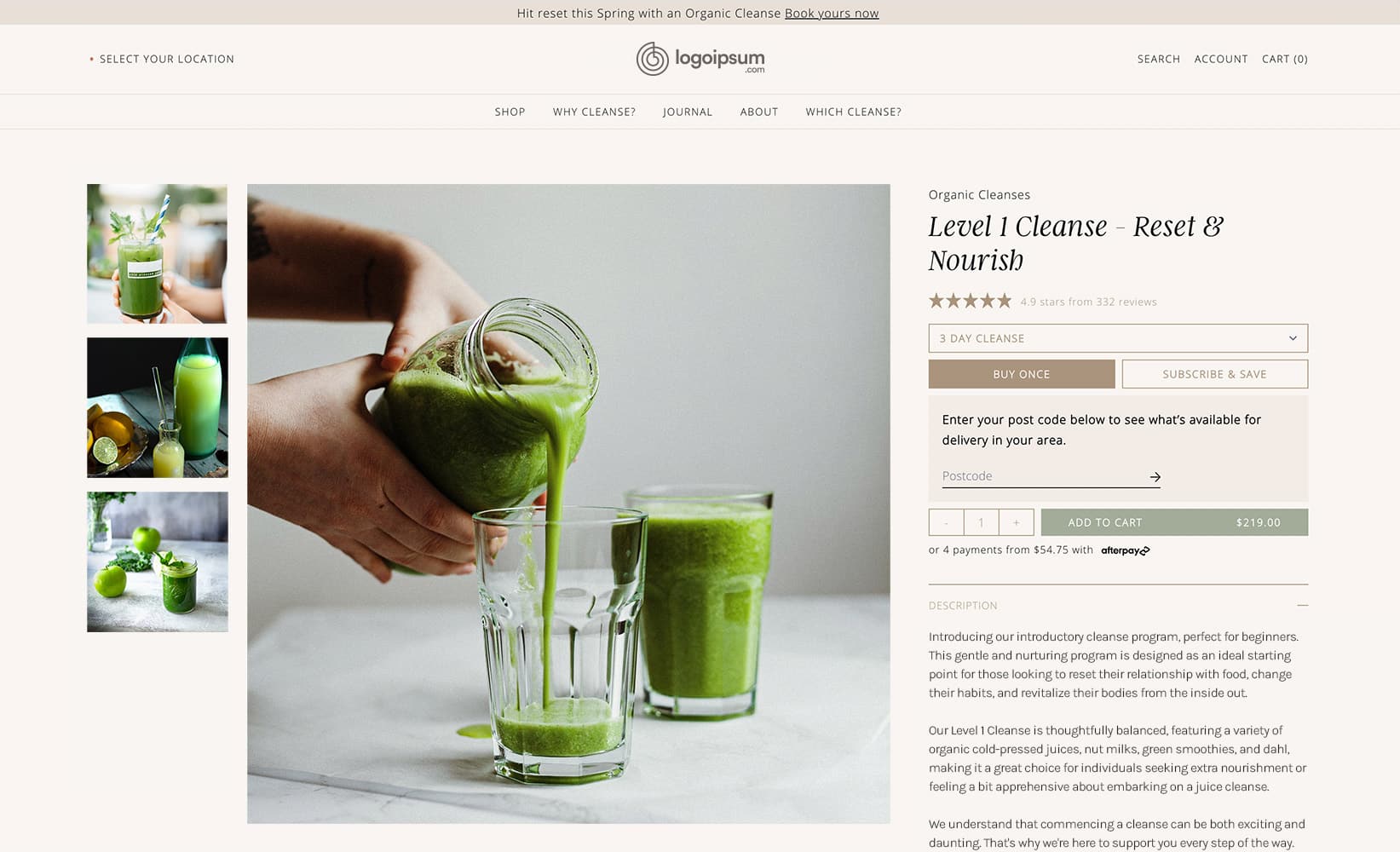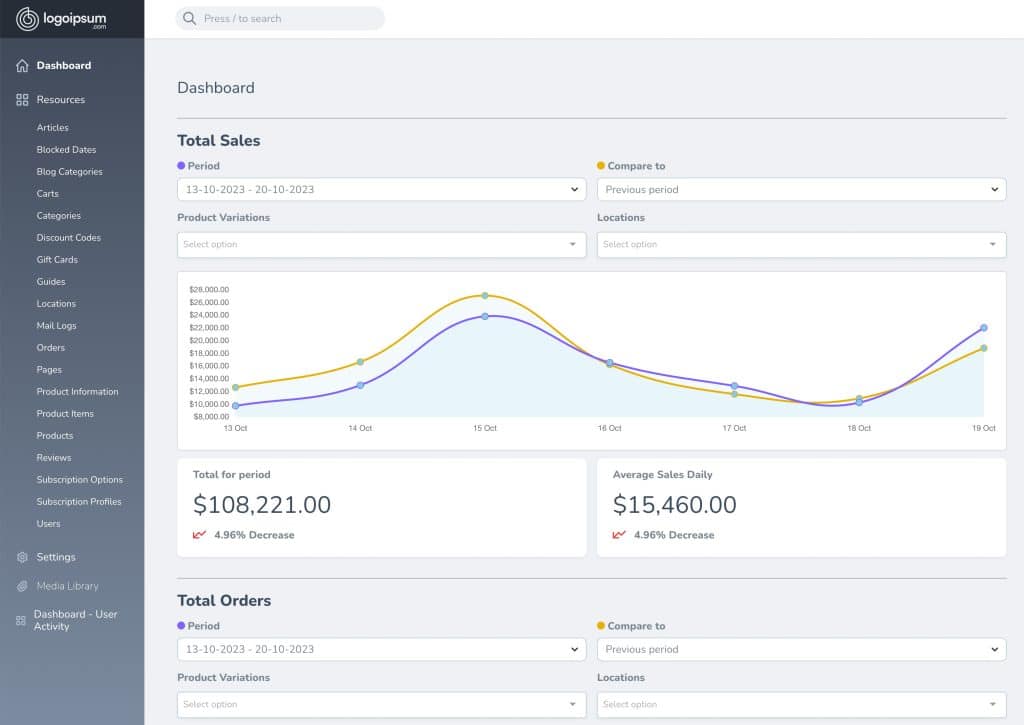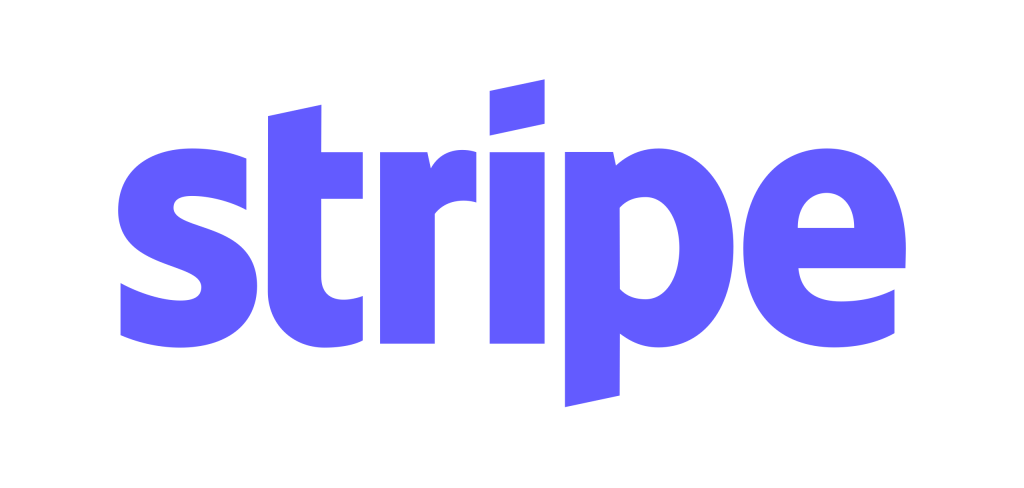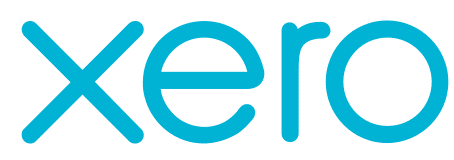Case Study
Custom built ecommerce platform
We helped an Australian juice cleanse company create a dedicated ecommerce platform that fitted into their unique set of requirements

The client
The client is an independent health food company that specialises in cleanses. They produce, and distribute juices, soups organic whole foods. As all products are made locally the day of delivery, they had a unique challenge in finding a suitable ecommerce platform that would handle the daily operational procedures that were in place.
The problem
With multiple franchises and locations, all acting independently but form the same website, we needed to plan and build a system that would gate customers and products to certain locations, as well as divert payments to different Stripe and Xero accounts. They were also looking to launch a subscriptions program, something that they had never tried before.
There was also a complex backend order system (Airtable) that needed to be plugged into.
- No existing software available
- Changing requirements
- Manual processes
- Growing pains
The solution
We designed and built a custom ecommerce platform that solves their operational pain points, allowing them to offer subscriptions, as well as expand into new locations.
What did we have a part in?:
- Development of the front and and backend system
- Integrations with various platforms some with multiple accounts per platform (Stripe, Xero, Afterpay)
- Build of custom reporting Dashboard for better visibility of sales.
Online Store
The store front end was a custom design built using Vue.js and Tailwind.css. Without an established ecommerce platform to lean on, all components and functions of a typical online store were built from scratch. This included a sidebar cart, Add to cart functions, product feeds, stock visibility, product add-ons, upsells and more.
The result was a blazingly fast customer experience that was intuitive across both Desktop and mobile.
Backend Admin
The web app is the engine of the business and store. It allows the company to manage the entire process. This includes product updates, blogs, orders, subscription profiles, email content, up-sells and cross sells, reviews and everything else.
A granular reporting dashboard helps the marketing team understand trends and forcasting.
The integrations include:
- Airtable and Make (formally Integromat)
- Stripe
- Xero
- Klaviyo
- Google Analytics and Tag Manager

Technology







